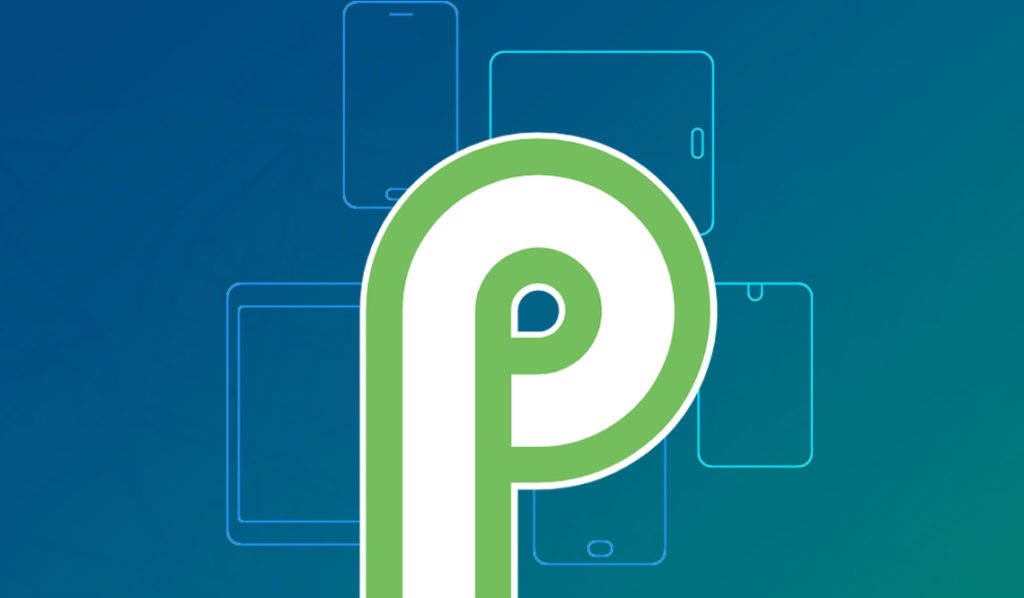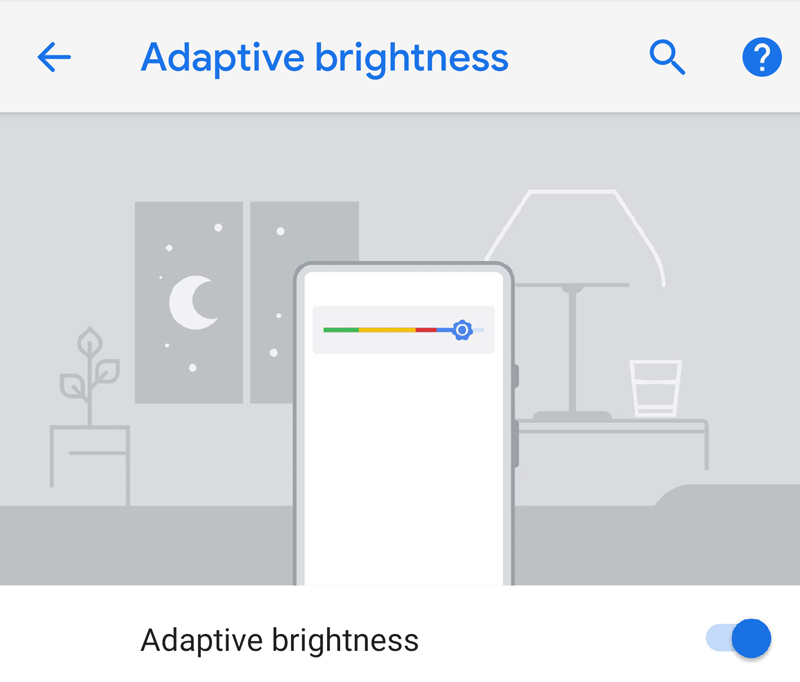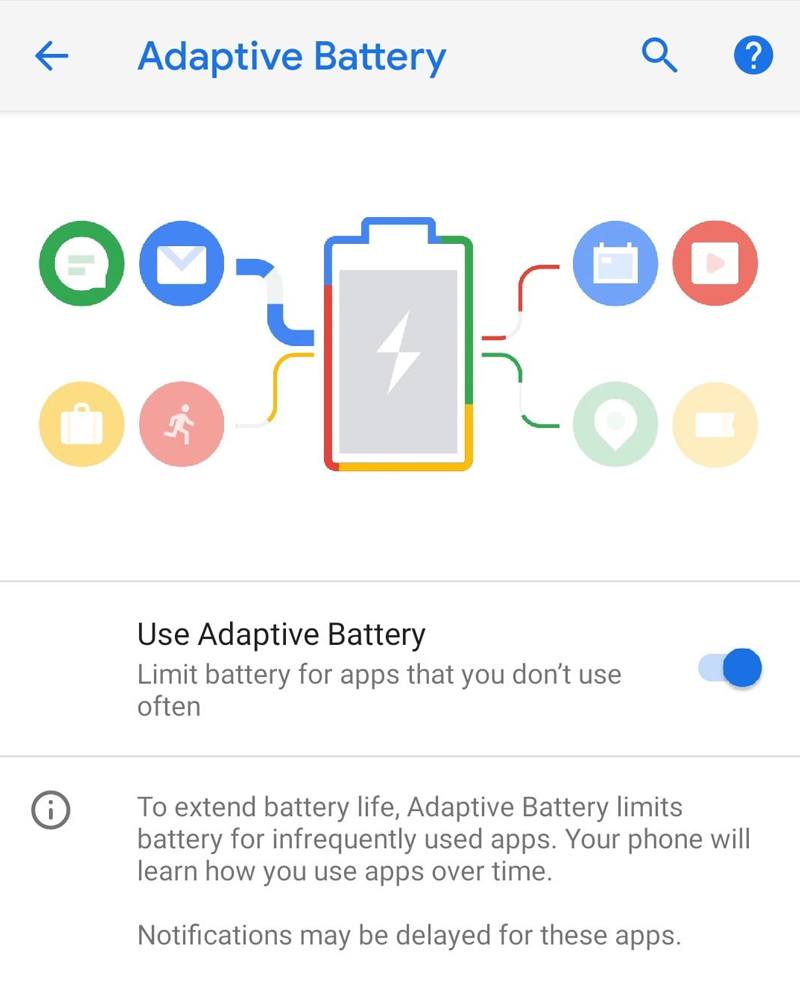
Android P Brings Artificial Intelligence and Machine Learning to the Forefront
Android's biggest move to incorporate Artificial Intelligence and Machine Learning
Last month at Google I/O, the company’s annual developer conference, Google announced the launch of its most recent smartphone OS, Android P, in its biggest move to incorporate Artificial Intelligence and Machine Learning into its core technology. As a result, the Android system will become more intelligent because of the ease with which it will adapt to user behavior.
There are plenty of improvements to the dashboard, notification and the navigation system, however, the more exciting features are driven by Machine Learning and AI. These features primarily look to improve battery performance by understanding how a smart device gets used over a period of time. Removing system resources from apps which are seldom used to save battery does not require a lot of intelligence, however, the machine learning for adaptation allows Android P to maintain a tight learn and optimize loop.
Three Ways Android P is using Machine Learning and AI to Improve User Experience:
Adaptive Brightness
Android devices currently use the auto-brightness feature to manage ambient lighting settings. Adaptive brightness feature takes it to the next level by using AI and Machine Learning to understand how you set your brightness of the screen throughout the day. Ultimately, you won't need to do this again as the system will adjust the brightness based on habits including your environment and activities. This is a good example of a positive application of Machine Learning to make a difference to the overall experience of Android-powered smartphone users.

Adaptive Battery Usage Optimizations
According to stats from Google, anticipating user actions and allocating battery power to apps by learning the usage patterns results in a 30% reduction in CPU wake ups. Adaptive battery is by far the most comprehensive use of the work DeepMind, the Artificial Intelligence arm of Google, has done in AI and Machine Learning. Even though it is an opt-in feature, most users will appreciate the usefulness and intelligence of this feature.

Accessing Onboard Sensors & Radios while the App is in the Background
Android O introduced the concept of notification for long running services. Apps that run services in the background must display a visible notification. This discouraged apps from executing services in the background to perform ongoing operations such as using location services to understand the user location or continuously sync with backend APIs. It is all about transparency and the system forced app developers to think about the value and battery life of the device. Android P keeps the same principles, however, accessing onboard sensors and radios is also limited if the background service does not have a visible notification.
Google has not limited the use of Machine Learning to the Android P Operating System. App developers also have access to a range of on-device APIs to build smart features in their apps. It will now be possible to incorporate text, image, landmark, and face recognition seamlessly into apps. Because Machine Learning APIs operate both on the cloud and on the device, trained models for classification can also be deployed for use within the app via the Firebase web interface. ML Kit’s On-Device APIs will be faster and the Cloud-based APIs will provide better accuracy as they utilize the power of Google's cloud infrastructure.
DeepMind has done the hard work setting up the Android system where more AI based digital experiences will make our day-to-day use of a smart device simple. At this rate of progress, smart devices will soon be an extension of their user, capable of understanding what you want and predicting your next move. Perhaps they will be able to alert your smart home to start cooking when you are hungry or warn your car when you are too fatigued to drive. The potential of AI is limitless and Android P is a major step in the right direction.
The changes in Android P and the shift towards AI and Machine Learning are positive and should be welcomed equally by consumers and technology companies. Android P is in developer preview and the system will go through iterative changes throughout the various Developer Previews as well as public Beta releases in the coming weeks. For the first time, Google has made the Beta release of an Android available to many manufacturers including Nokia, OnePlus, Xiaomi, Sony, and Oppo. This is unprecedented as the various manufacturers will be able to deliver updates to their customers faster. Public release of Android P is currently scheduled for Q3 of 2018.
At Bluedot, it has always been our philosophy that access to user location is a privilege and end-user privacy underpins everything we do from software design to data management. Our customers have built apps using the technology to add value or provide a unique user experience. This allows them to differentiate themselves in the marketplace and the app users love the features and the comfort of knowing how and why their location is used. Android P is another step in the direction of promoting user experience and openness.

Author
Bala is our CTO and Chief Hustler. His focus and energy are dedicated to product innovation to make sure we truly live up to the expectations our customers place on us. If he is not hard at work, he is learning to fly on a Sling 2 LSA or roller skating with his daughter.
Bluedot is an advanced location services platform that powers location accuracy solutions for enterprises, mobile engagement platforms, and marketing clouds. Our technology empowers mobile brands to deliver personalized content, generate analytics, and enable mobile commerce with 20x the accuracy of the industry standard.